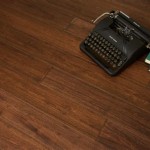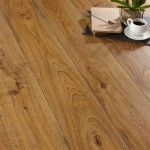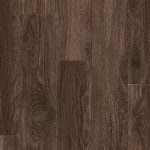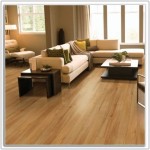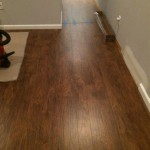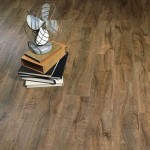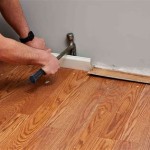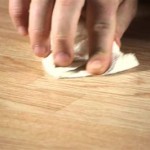Solid Timber Flooring On Concrete Slab: Essential Aspects for a Durable and Stunning Installation
Solid timber flooring on a concrete slab offers a sophisticated and timeless look that can transform any space. However, ensuring a durable and aesthetically pleasing installation requires careful consideration of several essential aspects. This article explores the key factors to consider when installing solid timber flooring on a concrete slab, providing guidance for a successful project.
1. Subfloor Preparation: The Foundation for Success
The concrete slab serves as the foundation for your timber flooring, and its preparation is crucial for the longevity and stability of your flooring. The slab must be level, dry, and free of cracks or irregularities. Any unevenness should be leveled using a self-leveling compound or grinding.
2. Underlayment: Providing Moisture Protection and Insulation
An underlayment is a layer installed between the concrete slab and the timber flooring. It serves several purposes, including providing a moisture barrier, reducing noise transmission, and improving insulation. Choose an underlayment specifically designed for concrete slabs, as it will provide the necessary moisture protection and cushioning.
3. Adhesive Selection: The Bonding Agent
The adhesive used to bond the timber flooring to the concrete slab is vital for its stability and durability. Choose a moisture-resistant, polyurethane-based adhesive designed for concrete applications. The adhesive should have a high initial grab to prevent the flooring from shifting during installation.
4. Installation Techniques: Precision and Expertise
Installing solid timber flooring on a concrete slab requires precision and attention to detail. Plan the layout carefully to minimize waste and ensure a seamless look. Use a spreading tool to apply the adhesive evenly and follow the manufacturer's instructions for the specific adhesive used.
5. Expansion Gaps: Allowing for Natural Movement
Solid timber flooring naturally expands and contracts with changes in temperature and humidity. To prevent buckling or warping, it is crucial to leave expansion gaps around the perimeter of the room and around obstacles such as walls and fireplaces. These gaps will allow the flooring to move freely without causing damage.
6. Moisture Control: Preventing Warping and Damage
Concrete slabs can sometimes contain moisture, which can damage the timber flooring. Install a moisture barrier on the concrete slab before laying the underlayment to prevent moisture from penetrating the flooring. Additionally, maintain proper ventilation and humidity levels in the room to prevent the flooring from absorbing excess moisture.
Conclusion
Installing solid timber flooring on a concrete slab involves careful planning and attention to detail. By following these essential aspects, you can create a durable, beautiful, and long-lasting timber floor that will enhance the ambiance of your space. Remember to consult with professionals for expert advice and ensure a successful installation.

Installing Wood Flooring Over Concrete Diy

Q A Solid Wood Floors Over Concrete Slabs Jlc

Timber Floor S Installation Atfa Wood Solutions

Fitting Hardwood Floor To Concrete Wood And Beyond Blog

How To Lay Solid Wood Flooring Over Concrete

Installing Engineered Hardwood On Concrete Twenty Oak

Junckers Laying A Floor Over Batons

Installing Engineered Hardwood On Concrete Twenty Oak

Installing Timber Flooring Over Concrete Slabs Mike S Carpet Discounters
How To Attach A Wood Bottom Plate Concrete Or Cement Floor Quora
Related Posts

